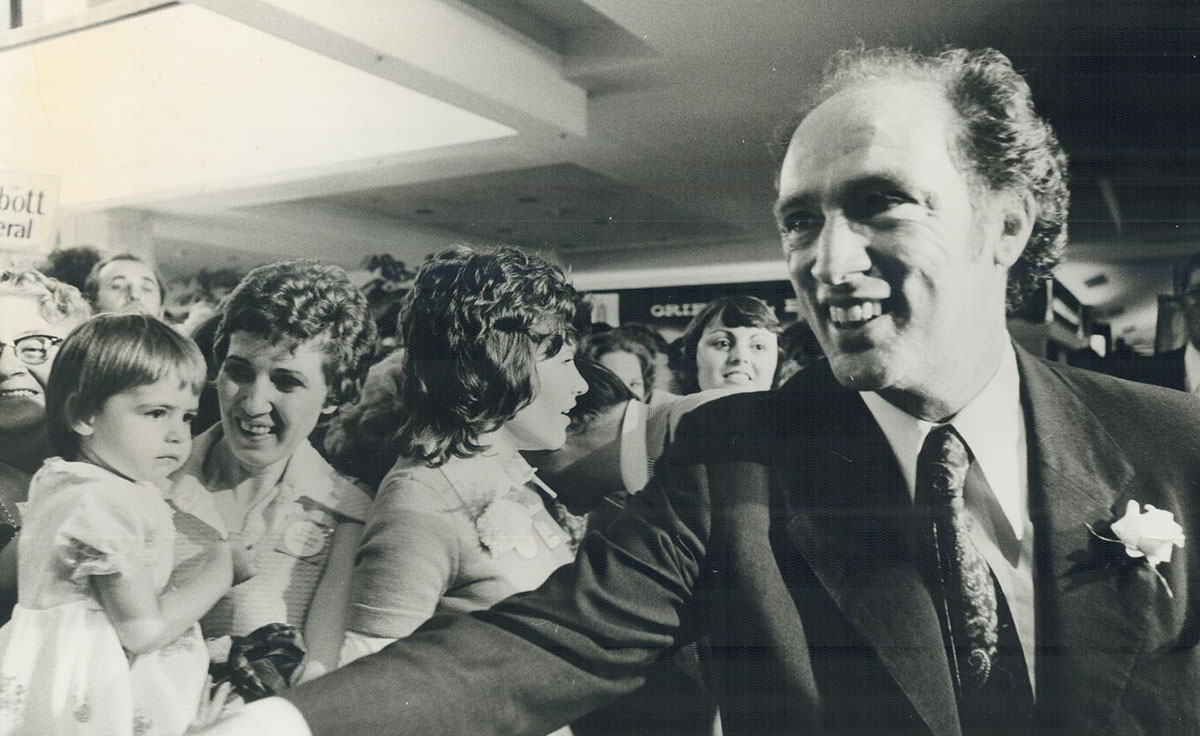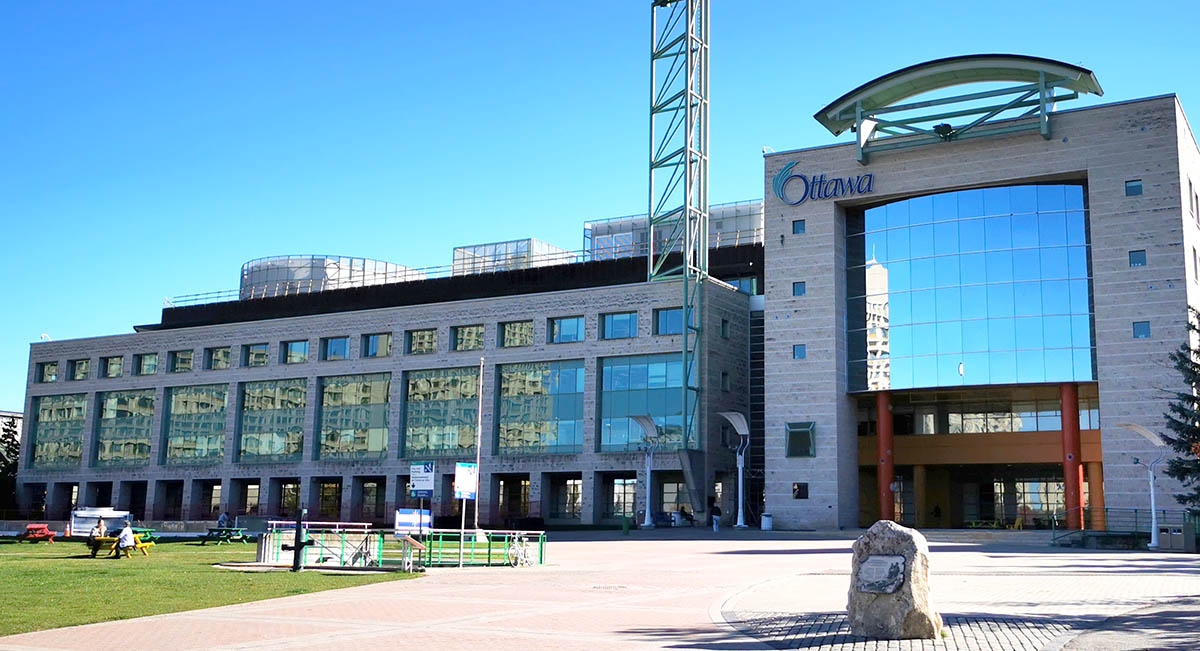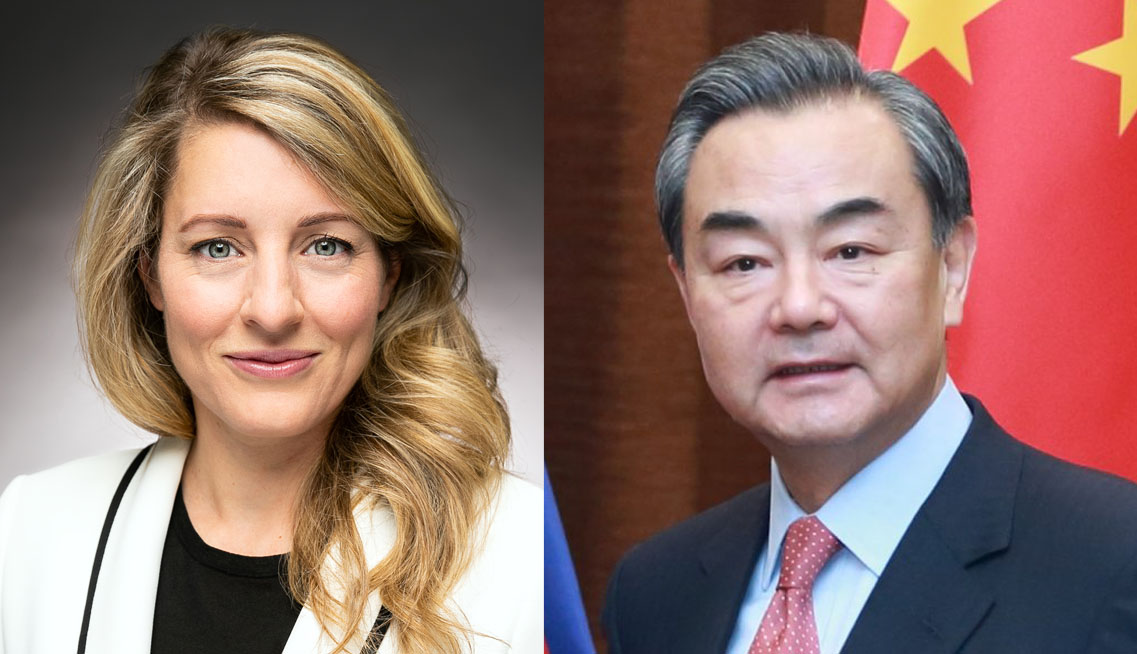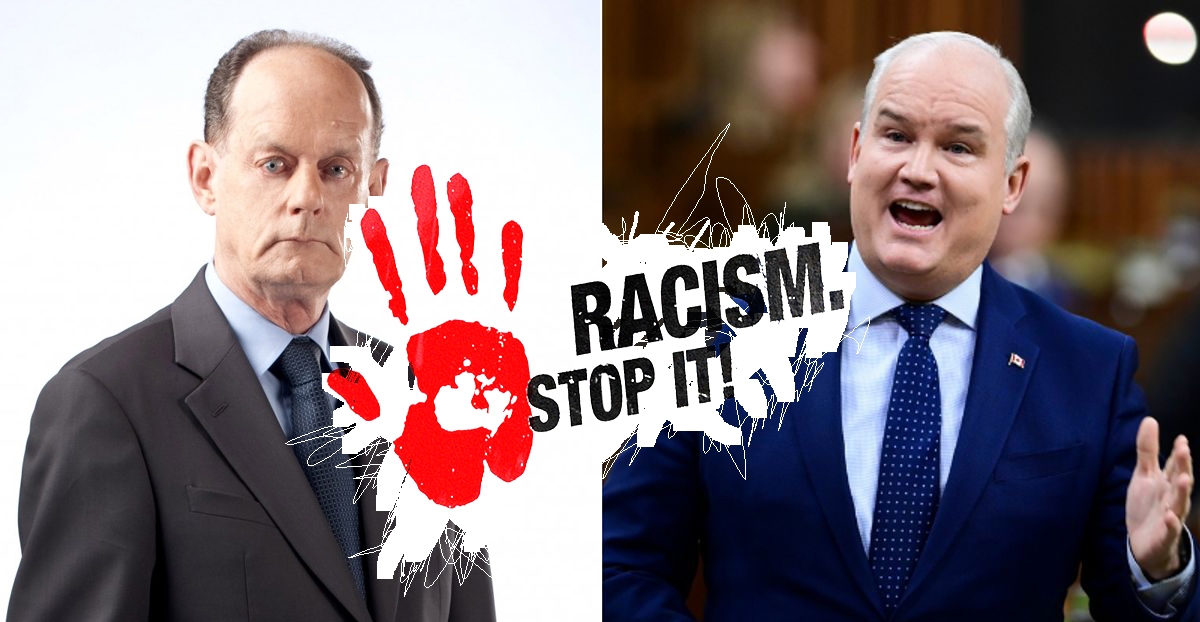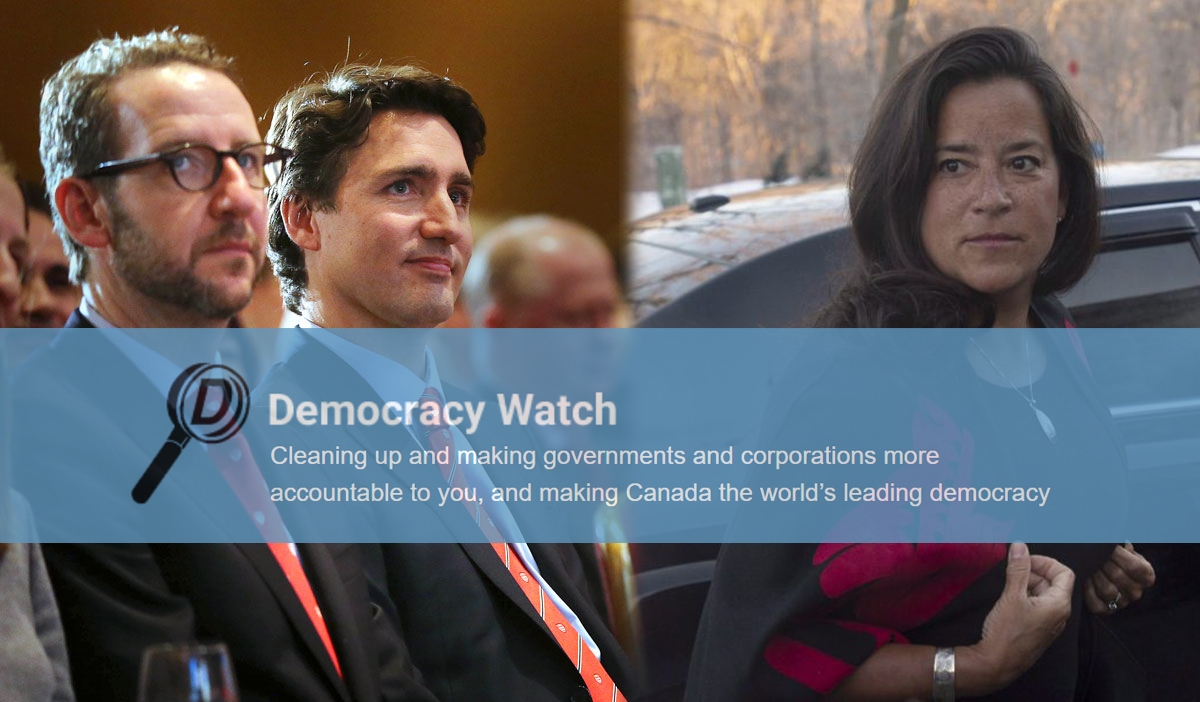
Democracy Watch calls for update on SNC-Lavalin prosecution
In February, 2019, the SNC-Lavalin scandal erupted and upended Canadian politics—for a moment. After a six-month-long investigation, Ethics Commissioner Mario Dion concluded Prime Minister Justin Trudeau alone had exerted undue pressure on Attorney General Jody Wilson-Raybould to defer criminal prosecution of the construction company SNC-Lavalin.
Though Dion’s report concluded that Trudeau had attempted to subvert the justice system, it did not specify any sanctions. The entire affair threatens to slip under the rug of politics and time.
Two years later, advocacy group Democracy Watch is calling for a public update and pursuing a court case that, if won, would reopen parts of the investigation.
On February 11, 2021 Democracy Watched released a letter that calls for RCMP and Crown prosecutors to provide a full, public explanation of the state of the investigation into the allegation that Prime Minister Justin Trudeau, former Finance Minister Bill Morneau, some members of their staff, and former Clerk of the Privy Council Michael Wernick obstructed justice by pressuring then-Attorney General Jody Wilson-Raybould to stop the prosecution of SNC-Lavalin.
Democracy Watch is a national non-profit, non-partisan organization that advocates for democratic reform, government accountability and corporate responsibility. It is a citizen advocacy group that makes challenges for systemic changes to key laws. They have won 180 of these challenges at provincial and federal levels.
The letter sets out several reasons why the public deserves and has the right to a public explanation of the state of the investigation, all decisions concerning the investigation, and any decisions concerning prosecutions. Two years have past since the scandal, Democracy Watch argues, and the public deserves an update.
“The public has a right to an update on the RCMP’s investigation, and any decisions that have been made concerning prosecuting anyone involved in the situation,” said Duff Conacher, Co-founder of Democracy Watch and Ph.D. student at the University of Toronto Faculty of Law.
“Are the RCMP and prosecutors waiting for another election to pass, or doing what so often happens in Canada when powerful politicians and government officials are involved in alleged illegal activities—delaying with the hope that they can eventually bury the results of the investigation?” Conacher asked.
Other arguments for a public update detailed in the open letter set out why the RCMP’s silence on the situation is unacceptable. First, it states that obstruction of justice is a serious criminal offence, made even more serious when made behind closed doors by government politicians and officials, as it is then also an act of government corruption. The letter goes on to provide a description of the legal tests for both obstruction of justice and intent to obstruct justice, and describes how the actions of the government at the time meet these tests.
Then, the letter cites legal and political experts who disagree with the way the matter of confidence in the cabinet was handled, and argues cabinet confidence ought to be waived to allow the RCMP (and ethics commissioner) access to all documents, records, and testimony regarding the SNC-Lavalin affair.
Finally, it points out that prosecutors in Canada have, in recent years, usually provided public explanations of investigation and prosecution decisions in such cases.
Democracy Watch is also pursuing a court case in the Federal Court of Appeal challenging Ethics Commissioner Mario Dion’s ruling that let everyone off the hook, except Prime Minister Trudeau, for pressuring the Attorney General. The original ruling allows any pressure exerted on the Attorney General by others— from cabinet ministers to PMO officials to political staffers—excused on the very questionable basis that the other officials “could not have influenced the Attorney General” and were acting “under the direction or authority of the Prime Minister.” In other words, any official who attempted to influence the Attorney General is not guilty because they were just following orders.
Though the Ethics Commissioner determined that Prime Minister Trudeau violated the ethics law for pressuring the Attorney General to drop the SNC-Lavalin prosecution, the decision does not go far enough. “The Ethics Commissioner’s ruling set a dangerous precedent because it says Cabinet staff aren’t covered by the federal ethics law, and can do things that Cabinet ministers are not allowed to do.” Conacher said. “Hopefully the courts will reverse the Commissioner’s ruling so everyone who violated the law will be found guilty.”
Democracy Watch’s case also argues that Ethics Commissioner Dion should have delegated the investigation and ruling on the situation to a provincial ethics commissioner who had no ties to any federal party. Dion was appointed Ethics Minister by Trudeau’s Cabinet and without consultation from the opposition.
Combined, Democracy Watch’s court case and the letter to the RCMP work to keep the SNC-Lavalin scandal from slipping off the political—and public—radar, and continue seeking democratic accountability for the actions of the Prime Minister and his allies during this affair.

